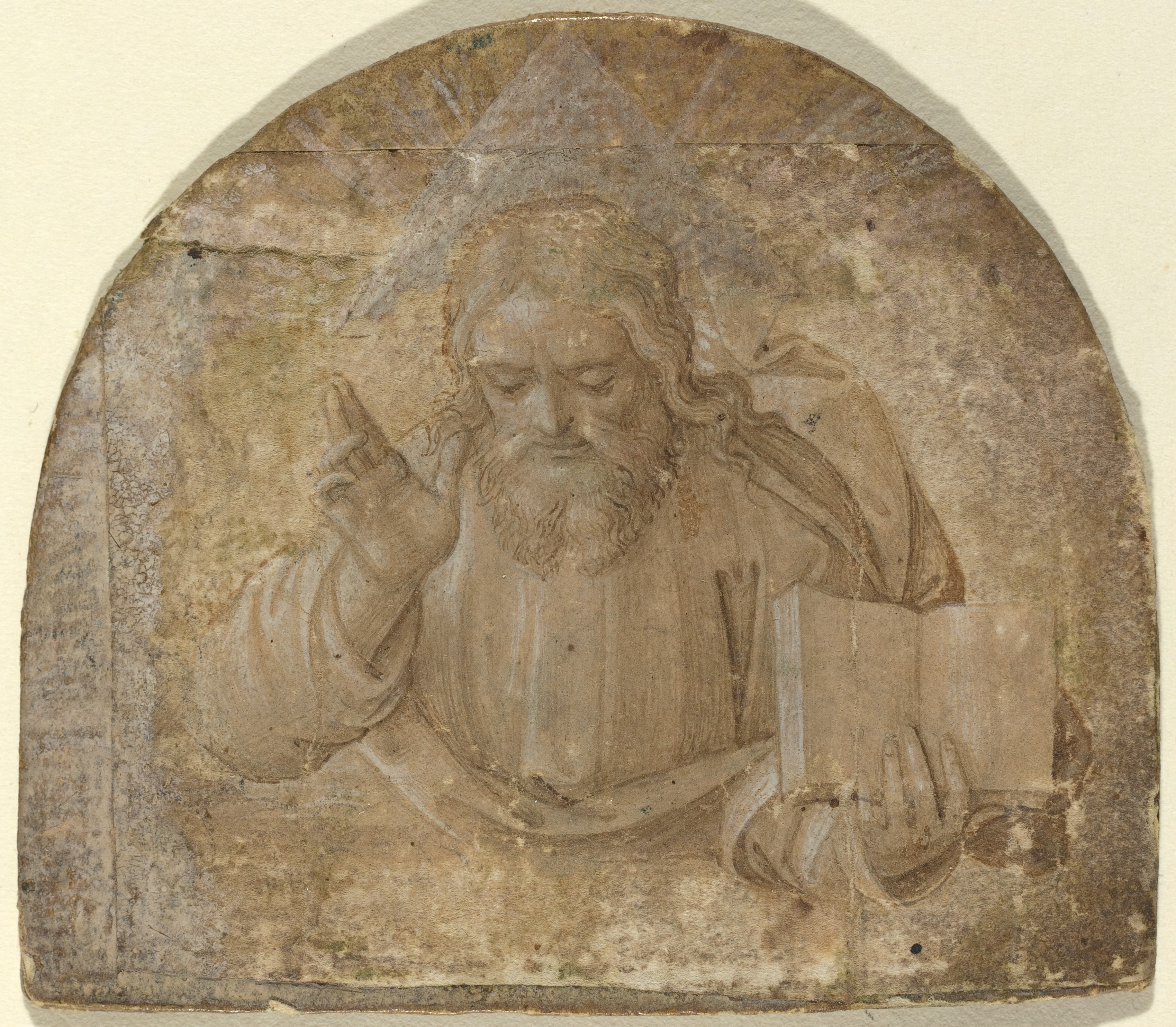Yet there is a question that needs
to be asked, what happens when the fatherly nature of God is not taught, and
more, taken away from him? What are some of the resounding issues that are
confronted when the fatherly nature of God is removed from him and is not
taught or, even, the opposite is taught? Would culture see these changes or
would it just be in the religious regions that the waves would reach?
It would seem that
culture would not just see the waves of this change, but would also be shocked
by the changes it brings on within culture. For something interesting occurs
when you strip God of his Fatherly nature. He becomes it and it becomes
impersonal and impersonal becomes impartial and impartial becomes careless and
careless becomes graceless and graceless becomes meaningless - meaningless to
the point of irreverence and disregard. So much so that culture uses his name
as a byword and a curse.
Culture has
steadily and slowly attempted at removing God’s personal qualities, especially
that he is Father. And Christianity is now, yes, even now, seeing the outcomes
of those slow and steady cultural modifications to cultural Christian
understandings of the Fatherly nature of God. The modern day fight of the
lesbian, gay, bisexual, transgendered (LGBT) movement for cultural standing and
inclusion is part and portion of the degenderization of the society at large
which is an outcome of removing God’s Fatherly nature from his personality. It
is also part of the reason for such drastic issues with out of wedlock
pregnancies and fatherless children[1]
as well as the astounding 56 million abortions that have legally happened since
Roe V. Wade.
Statistic after
statistic point to the rampant issue of fatherless homes within America and the
subsequent issues faced by those children who are forced to grow up within a
fatherless home. These subsequent issues are not simply the issues of the
children growing up in fatherless homes but are also an issue of the culture at
large.[2]
Removing God’s Fatherly
nature from the written Word, from our modern understanding of God, and our
cultural understand of Christianity has done nothing in the way of help for the
American economy as well as for our children or our future. It is safe to argue
that homosexuality is not an economically sound decision because economics is
based on buying units, of which, homosexuals do not produce because they cannot
reproduce. The same can be said for abortion; on an economic point 56 million
buying units have been lost thus far, which is both dollars not being used but
also jobs not being created or sustained by one, if not all, of those 56
million.[3]
And statistically speaking a child born out of wedlock is more likely to live
life on welfare than one born in a traditionally married family and thus this
is a burden on the economy because a non-producing unit is only consuming. [4]
But God is Father
and father he remains. He is Father because he has revealed himself as such. He
has spoken clearly of who he is in his Word, therefore we see him not as
impersonal, impartial and unimportant; no, we see him as personal, partial and
vastly important and this changes everything.
The Fatherly
nature of God is confessed in the original Christian confession of Baptism as
well as the foundational Christian Creeds. It is radically important to both
recognize and believe in God’s Fatherly nature for in so doing one rightly see
God as he is Father, Son and Spirit, not mother or degenderized. The importance
of seeing God as Father is necessary to one’s Christian faith, for to be
Christian is to be a child of God the Father.
[1] U.S Fatherless Statistics. http://fatherhoodfactor.com/us-fatherless-statistics/ (Accessed April 29, 2014)
[2] Stephen Baskerville (2002). The Politics of Fatherhood. Political
Science & Politics, , pp 695-699. doi:10.1017/S1049096502001191.
[3] Data and Statistics . http://www.cdc.gov/reproductivehealth/data_stats/. (Accessed
April 29, 2014)
[4] U.S. Fatherless Statistics. http://fatherhoodfactor.com/us-fatherless-statistics/ (Accessed April 29, 2014)
photo credit: http://teamorthodoxy.files.wordpress.com/2012/02/god-the-father.jpg



